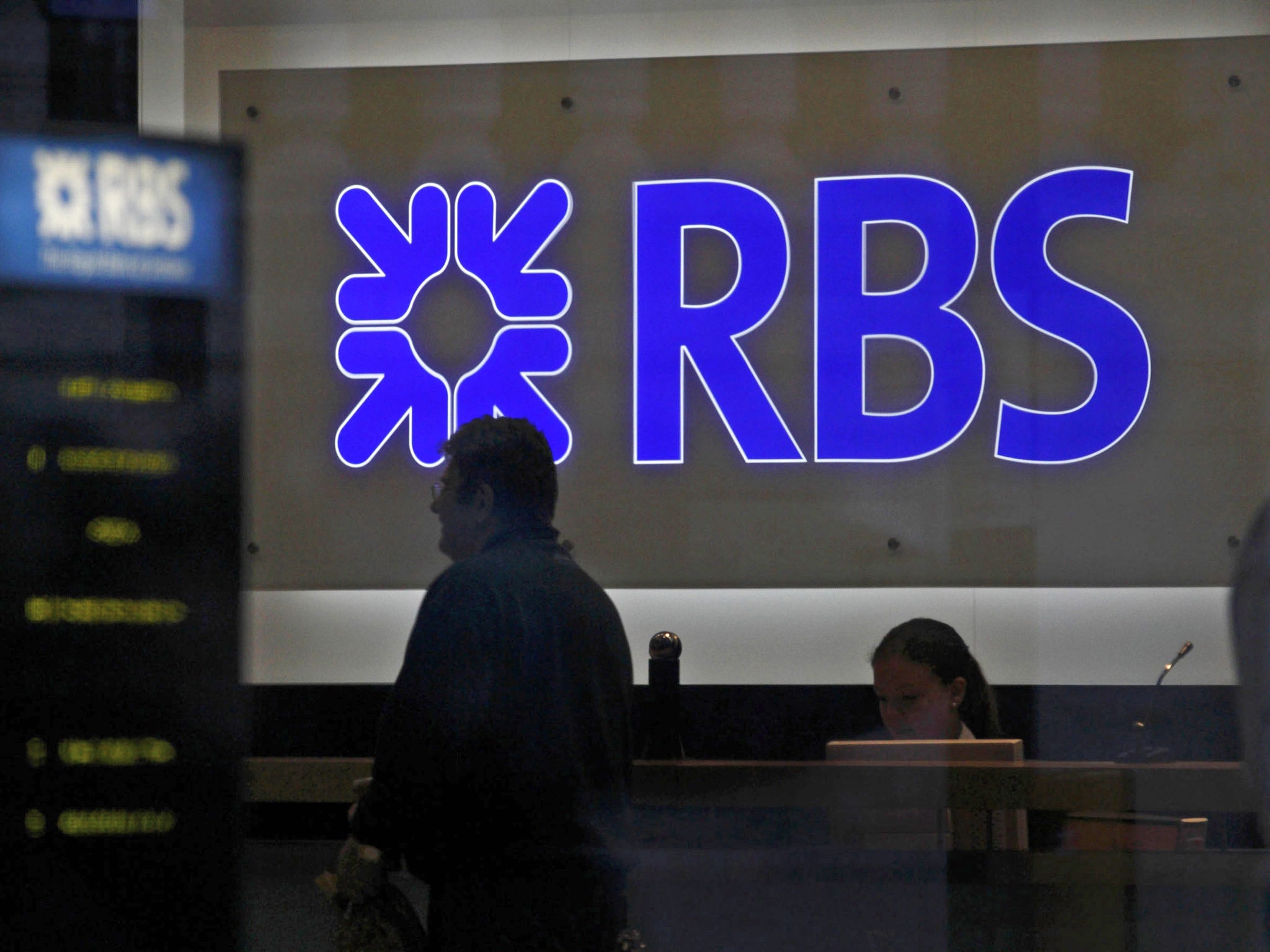So RBS got through a theory test... It wouldn’t have passed a practical
Outlook

Royal Bank of Scotland passed! Hooray! That was the market’s reaction to the results of the Bank of England’s stress tests and it explains why RBS shares were such sprightly performers.
The problem is that for the second year on the trot, RBS only got through because the Bank was willing to move the goalposts.
The stress tests look at the impact of a nightmare scenario cooked up by the Bank’s economic doomsayers in the finances of Britain’s big banks at the end of the year prior to the tests. RBS failed both the 2015 and 2014 outings; it was only able to get over the line because of actions it took subsequently.
So where’s the problem? Doesn’t this just mean that RBS is getting things fixed?
The issue here is that were something like one of those scenarios to occur in reality, RBS probably wouldn’t have been able to take the actions it did in 2014 and this year to clear the hurdle belatedly.
As the financial crisis demonstrated, when markets gum up, you often find yourself stuck with what you’ve got – and if that’s not enough then it’s off to the taxpayer with a wooden bowl and a “please, I want some more?”.
The financial crisis also demonstrated that “nightmare scenarios” that “no one could have predicted” have a habit of happening, and usually when people least expect it – unless they’re employed in the Bank’s department of doomsayers.
What is worrying is that RBS wasn’t supposed to struggle with this year’s test – a hypothetical exercise based on a global slowdown with China’s growth hitting a low of 1.7 per cent and oil dipping under $40 a barrel – like it did in last year’s, which looked at the impact of domestic events such as a housing market shock.
This year’s run-through was supposed to prove more of a challenge for the likes of HSBC, Barclays (perhaps) and Standard Chartered. The latter also had its pass qualified, but that didn’t come as a big surprise given that its problems are well known and it has a new management team in place who are engaged in a turnaround plan.
However, it is easy to forget that RBS still has quite a bit of international exposure, despite its numerous disposals. It is also considerably weaker than its fellow state- backed bank Lloyds.
Call me a pessimist, but, based on consecutive near failures, I wouldn’t be quite as optimistic as the market has been in the face of RBS’s results. Chief executive Ross McEwan likes to say his ambition is to create a “good safe bank”. He is not quite there yet.
Subscribe to Independent Premium to bookmark this article
Want to bookmark your favourite articles and stories to read or reference later? Start your Independent Premium subscription today.

Join our commenting forum
Join thought-provoking conversations, follow other Independent readers and see their replies